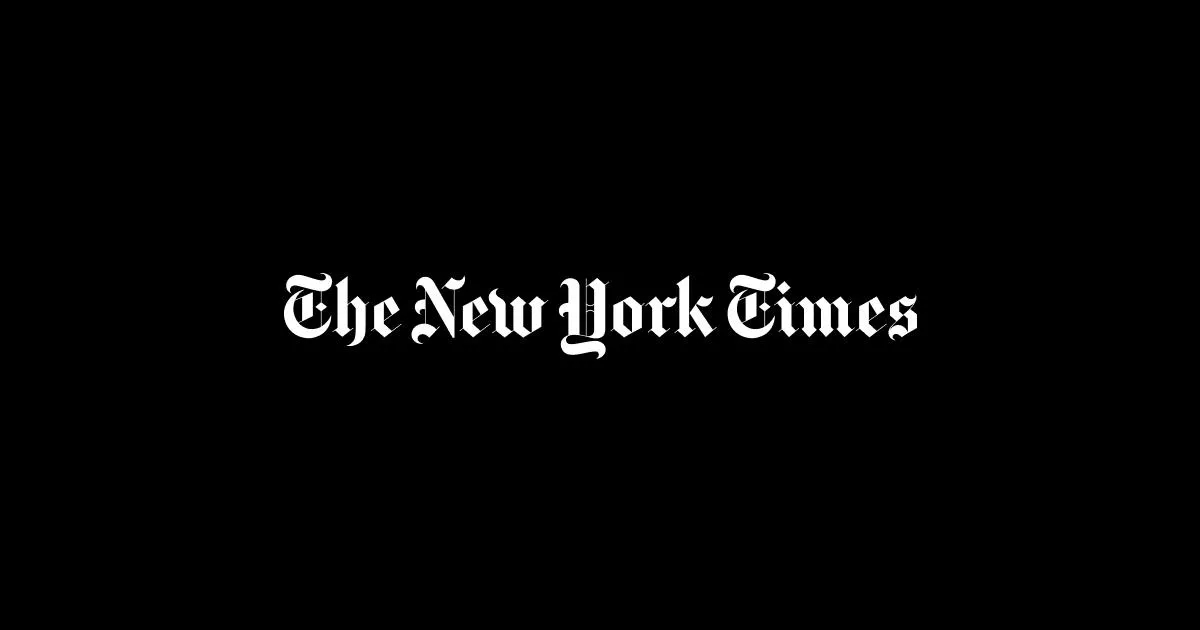
Two decades ago, the job title “content creator” was virtually nonexistent. Fast forward to today, and a vibrant economy has emerged, dominated by social media personalities who engage audiences on platforms like YouTube and Instagram. Among these influential figures is Charlie Kirk, a conservative activist and former adviser to Donald Trump. After spending seven years managing a nonprofit organization, Kirk transitioned to the podcasting landscape, sharing the stage with prominent conservative voices like Ben Shapiro, while also facing off against liberal commentators like the Meiselas brothers. However, the recent assassination of Mr. Kirk has sent shockwaves throughout this dynamic ecosystem.
In the days following Kirk’s tragic death, many content creators across the political spectrum have reported feelings of heightened anxiety and fear. Prominent figures are reassessing their security measures, with some contemplating increased protection for themselves and their families. Glenn Beck, founder of The Blaze, shared his concerns during an interview with Megyn Kelly, stating that many in their line of work often overlook the importance of security. “Too many people in our position do not take security seriously,” he emphasized.
The social media landscape, particularly during the Trump era, has been characterized by intense debates among digital celebrities, their followers, and critics. While many online personalities have previously brushed off violent threats, the assassination of Kirk has shifted this narrative. Alyssa Cordova, a former vice president at The Daily Wire, noted that the frequency and severity of threats faced by conservative media figures are alarming. “Charlie got threats all the time,” Steve Bannon remarked, highlighting the risks involved in engaging with audiences directly.
In the wake of Kirk's assassination, the nature of live events as a cornerstone of new media stardom is being reevaluated. With many top podcasters thriving on tours that enhance their connection with fans, the tragic incident has raised questions about the safety of such engagements. Bannon projected that the implications of Kirk’s death would lead to changes in how creators interact with audiences. He predicted that venues and their insurers might become more hesitant to host political speakers, impacting the industry as a whole.
Glen Kucera from Allied Universal reported that over 30 universities have reached out to discuss campus safety in the aftermath of the shooting. On the left, fears of retaliatory attacks have emerged, with social media discussions hinting at potential civil unrest. Progressive streamer Dean Withers expressed his newfound concerns about safety, contemplating whether attending public events is still a wise decision. “I just feel anxious,” he shared, reflecting the sentiments of many creators who are grappling with the implications of Kirk's death on their personal security.
Many creators have also faced backlash for their emotional responses to Kirk's assassination. Dean Withers, who had previously engaged in highly publicized debates with Kirk, described the psychological impact of witnessing such violence within their community. Similarly, progressive creator Liz Plank expressed her distress over the indifference she observed online regarding Kirk's death, emphasizing the need for a more humane reaction to such tragedies. “This felt like a shooting in my workplace,” she said, questioning her future in the political content sphere.
As the industry grapples with security concerns, some creators maintain a defiant stance against fear. Allie Beth Stuckey, a conservative podcaster close to Kirk, chose to continue with her planned speech at a Nevada gala after securing assistance from a friend’s security company. “I predict you’ll see more conservatives on speaking tours, not less,” Cordova asserted, emphasizing that retreating in fear is against the principles of American democracy. The assassination of Charlie Kirk has undeniably altered the landscape for content creators, with many now reconsidering the risks associated with their work.